
Cheshire West and Chester Council will be setting its budget against a backdrop of financial uncertainty caused by the COVID -19 pandemic, the increasing cost of care and continuing delays to national funding reforms for Local Government, which will lead to some difficult decisions for the Council.
The Council faces a revenue funding gap of £30m in 2021-22 and a further £53.4m in 2022-25.
Over the four-year budget planning period, core central government grant funding is forecast to reduce by £10.7m, with a temporary increase of £8.8m in 2021-22 reflecting the significant short-term pressures on the Council relating to Covid-19.
The budget reflects the Council’s Stronger Futures plan for recovery and renewal, which will tackle the poverty emergency in addition to building on key Council priorities in the current context of the pandemic. The plan is ambitious and will tackle the climate emergency, support new jobs and skills, create a greener, fairer economy, protect arts and cultural programmes and ensure children and young people have the best start in life.
There is an expectation from Government that all councils with adult social care responsibilities will raise their council tax by an additional 3% via an adult social care precept.
The rising costs and significant demand for this service mean that council tax is expected to rise by 4.99 per cent overall. This will be made up of a basic increase of 1.99 per cent and a three per cent precept.
This rise equates to an extra £1.51 a week for residents in a band D property.
The three per cent element will generate £5.8m, which will only partially address the cost pressures faced in adult social care in the borough. The Council will actually increase its investment in social care by nearly £12m in 2021-22.
Councillor Carol Gahan, Cabinet Member for Finance and Legal said, “The Covid-19 pandemic has created unprecedented challenges for the Council, who alongside our public sector and voluntary sector partners, have been at the forefront of the response.
“The cost of providing PPE, paying social care providers and accommodating homeless people to keep them safe during lockdown, along with significant reductions in planned income from Council services, especially our leisure services, have made the financial situation even more challenging this year.
“We’ve also been unable to carry out many of the savings planned for this year because of the disruption caused by the pandemic, and the subsequent impact it has had on all our lives.”
The Council ran a public consultation on the budget proposals before Christmas when 524 people gave their view through questionnaires, ideas and suggestions sent via digital engagement, emails and via an online Cabinet question time event.
Leader of the Council, Councillor Louise Gittins said, “We know times are extremely challenging for everyone now, and we never take a decision to increase council tax lightly. We are asking people to pay a little bit more so we can all get through the coming years together and nobody gets left behind.
“We do have a duty to provide services which protect and support those members of our community who need it most: our children in care, older people, people fleeing domestic abuse and those economically impacted by the pandemic.
“The Council understands the financial challenges that some of our residents face, particularly about the payment of council tax. Despite a significant funding gap, we have chosen to protect our council tax reduction scheme, which supports residents with council tax bills.
“Our discretionary hardship fund and Help in Emergencies for Local People (HELP) scheme, offers local welfare assistance including residents in crisis or those with exceptional needs.
“We have also created a Covid response budget, part of which will be available to fund anti-poverty initiatives and provide support to residents suffering financial hardship as a result of the pandemic.”
Despite the financial challenges faced by the Council it still has plans to deliver some major regeneration and commercial developments in 2022, using its capital budget, which is different from the budget which funds frontline services. This will help support high streets and businesses to recover over the coming years and help create vibrant city and town centres across the borough.
The Council continues to deliver some services via its Council-owned companies where they offer the best solution to deliver cost-effective services. However, these companies are also expected to experience the ongoing impact of Covid-19 on their businesses, at least into 2021-22.
The Overview and Scrutiny Committee will be asked to make recommendations to Cabinet on the budget which meets on 10 February. Final budget proposals will be considered at the Council’s annual budget setting meeting on 25 February.


 MATCH PREVIEW - CHESTER FC v DARLINGTON
MATCH PREVIEW - CHESTER FC v DARLINGTON
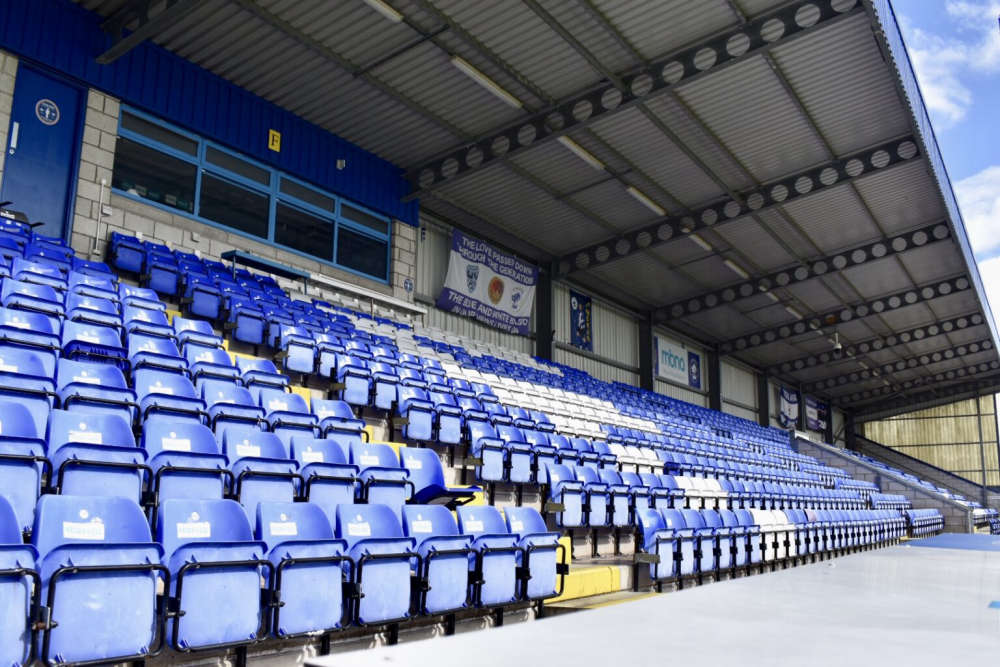 CHESTER FC STATEMENT
CHESTER FC STATEMENT
 MATCH REPORT: ELLESMERE PORT TOWN 3 - 4 CHESTER WOMEN
MATCH REPORT: ELLESMERE PORT TOWN 3 - 4 CHESTER WOMEN
 People in Chester are invited to join a singing celebration to mark Global Intergenerational Week
People in Chester are invited to join a singing celebration to mark Global Intergenerational Week
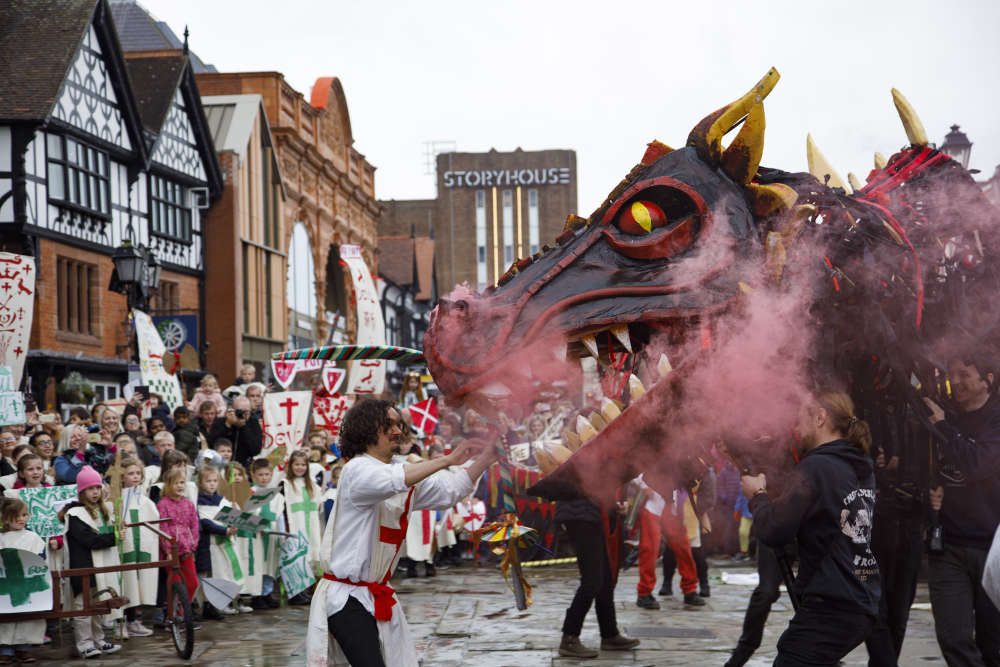 St George returns to Chester on Tuesday 23rd April
St George returns to Chester on Tuesday 23rd April
 Man jailed for stalking Chester MP
Man jailed for stalking Chester MP
 Hundreds of well-dressed ducks gear up for Chester Duck Race
Hundreds of well-dressed ducks gear up for Chester Duck Race
 Police appeal for witnesses to fatal collision in Elton as family pay tribute
Police appeal for witnesses to fatal collision in Elton as family pay tribute
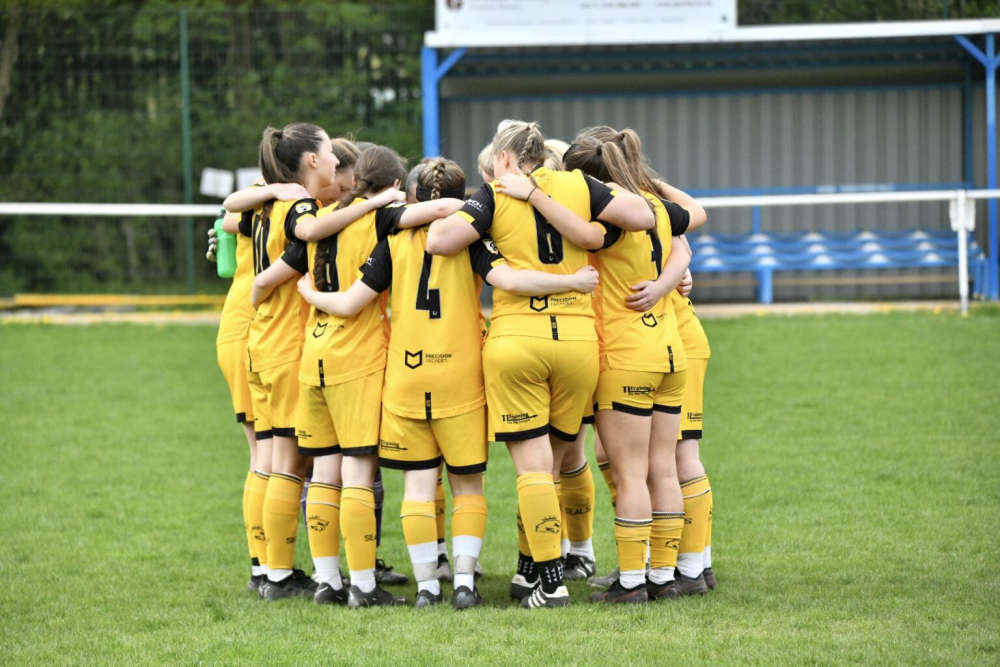 MATCH REPORT: WYTHENSHAWE 4 - 2 CHESTER FC WOMEN
MATCH REPORT: WYTHENSHAWE 4 - 2 CHESTER FC WOMEN
 Cheshire Police among top performing forces for tackling drink and drug driving
Cheshire Police among top performing forces for tackling drink and drug driving
 ROLES UP FOR GRABS AS CURTAIN SET TO RISE ON THEATRE COMPANY'S NEW PLAY
ROLES UP FOR GRABS AS CURTAIN SET TO RISE ON THEATRE COMPANY'S NEW PLAY
 Pink Floyd: The Dark Side of the Moon returns to Jodrell Bank
Pink Floyd: The Dark Side of the Moon returns to Jodrell Bank
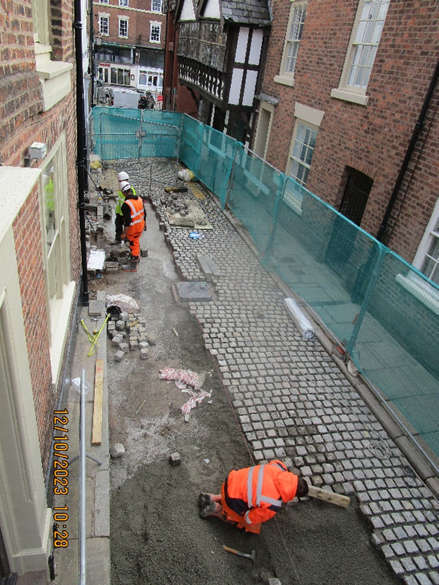 Welsh Water presents to Chester Residents Associations about pollution in the River Dee
Welsh Water presents to Chester Residents Associations about pollution in the River Dee
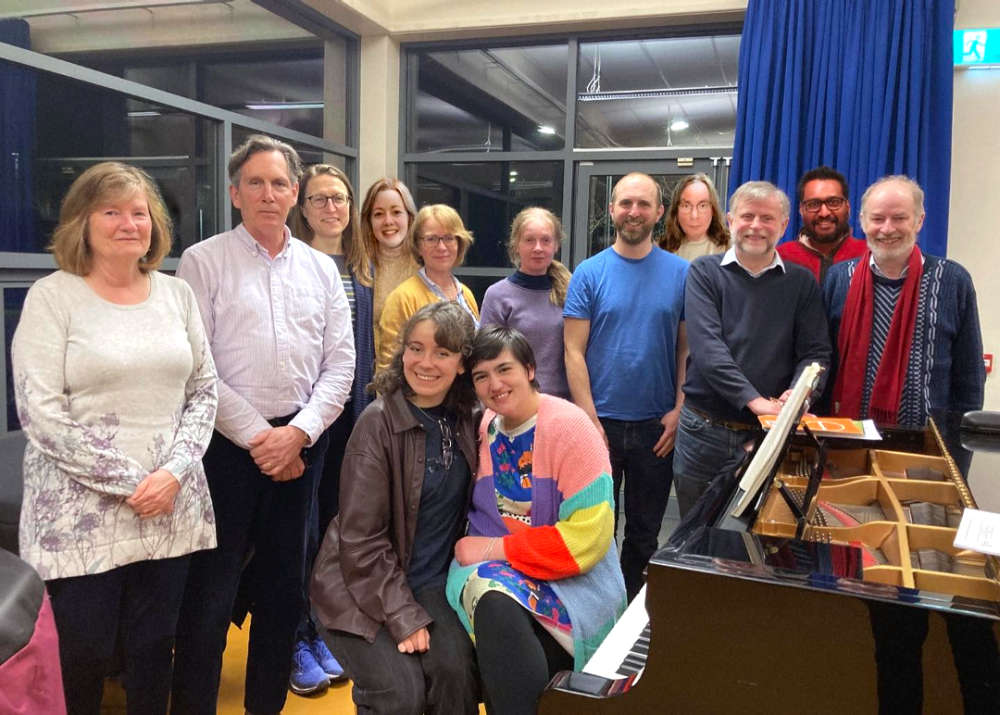 SOLOISTS SET TO SHINE DURING SPECIAL CHESTER PERFORMANCE OF HANDEL'S MESSIAH
SOLOISTS SET TO SHINE DURING SPECIAL CHESTER PERFORMANCE OF HANDEL'S MESSIAH
 Chester and Wirral Football League - Latest Results
Chester and Wirral Football League - Latest Results
 BLUES MATCH REPORT - BRACKLEY TOWN 3 - 1 CHESTER FC
BLUES MATCH REPORT - BRACKLEY TOWN 3 - 1 CHESTER FC
 Inspired Villages complete a 7,500-Mile Charity Cycling Challenge in aid of PROSTaid UK
Inspired Villages complete a 7,500-Mile Charity Cycling Challenge in aid of PROSTaid UK
 Jail term for man who stalked Chester's MP
Jail term for man who stalked Chester's MP
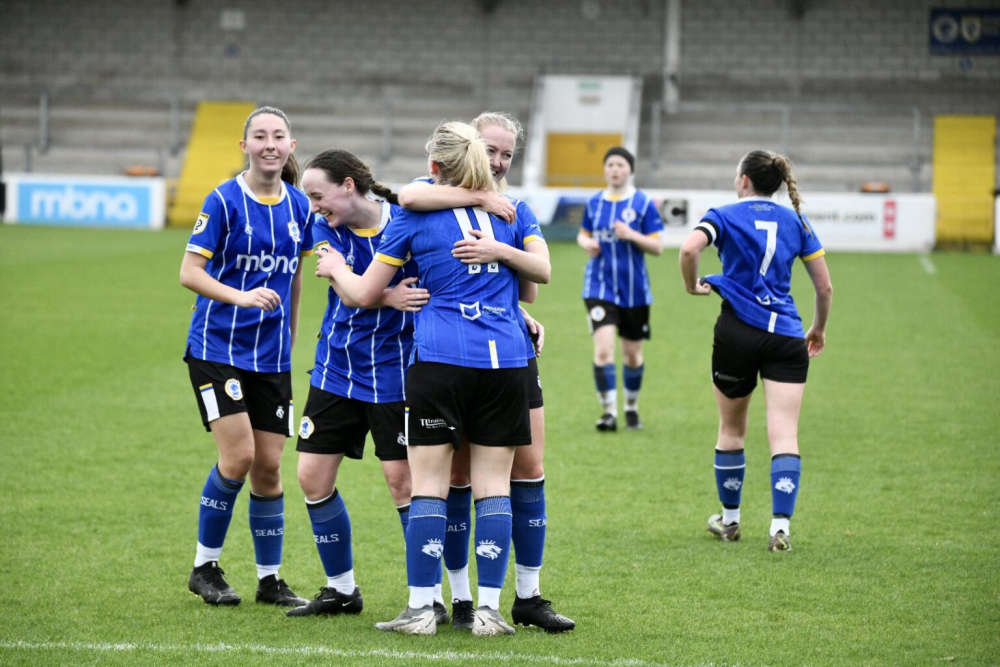 CFCW MATCH PREVIEW: WYTHENSHAWE v CHESTER FC WOMEN
CFCW MATCH PREVIEW: WYTHENSHAWE v CHESTER FC WOMEN
 BLUES MATCH PREVIEW: BRACKLEY TOWN v CHESTER FC
BLUES MATCH PREVIEW: BRACKLEY TOWN v CHESTER FC